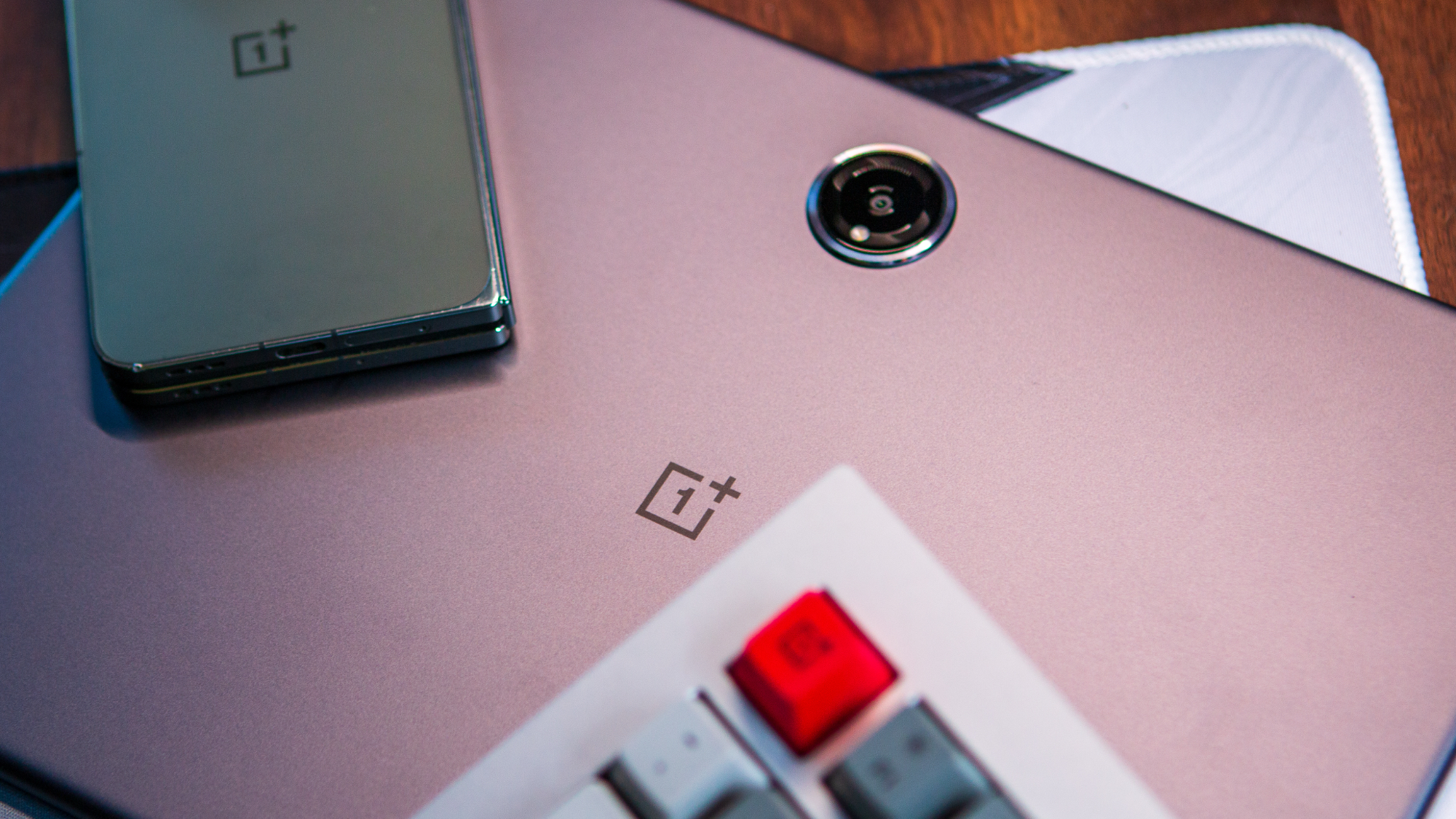Mark Zuckerberg's Stand in Antitrust Trial Highlights Facebook's Shift from Social Networking to Entertainment

This week, Mark Zuckerberg, the CEO of Meta, found himself in the spotlight as he took the stand in an antitrust trial that could potentially lead to significant changes within his company, including the breakup of its vast social networking empire. This trial has drawn considerable attention, and it might take years before the nearly 3 billion users of Facebook, which is internally referred to as the 'Blue app,' discover what the future holds for this platform. Despite frequent declarations proclaiming Facebook's demise, its user base persists in engaging with the app. In fact, just two years ago, Tom Alison, who oversees Facebook, reaffirmed in a statement that 'Facebook is not dead nor dying.'
However, amidst the buzz surrounding the trial, many Facebook users may have overlooked a pivotal update from the company regarding Blue. On March 27, 2025, Facebook quietly introduced a new feature for its mobile appa Friends tab. This feature allows users to curate their feeds to display only content from their real-life friends, offering a refreshing alternative to the often cluttered news feed that is inundated with sensationalist news, gossip, and influencer posts that many users scroll through but do not seek out. Users can now enjoy a more personalized experience by selecting the Friends tab, which will populate their feed exclusively with posts from their chosen connections. One might even describe this as a return to a more 'social' app experience.
The language used in the companys announcement reveals much about its recent focus. 'Over the years, Facebook evolved to meet changing needs...' the press release stated, adding that 'the magic of friends has fallen away.' This passive voice is telling. With a valuation exceeding a trillion dollars, Meta has managed to connect nearly half of the worlds population, a feat accomplished largely because of the innate desire for individuals to stay updated with their friends and family. Yet, according to the company, its fundamental objective of facilitating connections among friends has somehow just... vanished? Did the multitude of engineers, designers, marketers, and managers at Facebook suddenly lose sight of the very mission that underpinned the existence of their company?
This lack of focus did not occur overnight. In a 2023 press release, Tom Alison outlined the apps priorities, which included 'artificial intelligence, messaging, creators, and monetization.' Notably absent from this list was any mention of enhancing friend content, despite internal knowledge that users wanted this very feature. In fact, it was revealed during court proceedings that Zuckerberg has been acutely aware of user desires for more friend-centric posts. A survey conducted by Meta in 2020 found that 61 percent of users expressed a desire for more content from their friends, and 66 percent hoped to see a broader range of posts shared by their connections. Furthermore, a subsequent survey indicated that three of the top four 'pain points' for users on Facebook were directly attributed to what the Federal Trade Commission characterized as 'reduced investment in friends and family sharing.'
One plausible explanation for this shift in focus is the profitability associated with content produced by influencers, political activists, and even controversial news organizations. Such content tends to retain user engagement for longer periods, which translates into higher revenue for Meta. Posts from friends and family, on the other hand, typically do not generate the same level of virality or engagement. Thus, when Alison discussed the use of artificial intelligence, he was not referring to its potential for surfacing content from friends; instead, he highlighted its role in connecting users with creators who were looking to monetize their posts through Facebook's advertising systems. During his testimony, Zuckerberg offered an alternative rationale for the decline in sharing on Facebook, suggesting that users have shifted their interactions to messaging apps rather than traditional social platforms. However, could it not be possible that this migration occurred because the presence of hostile content from strangers made Facebook an increasingly unpleasant space for sharing personal updates?
Throughout the trial, Zuckerberg presented a somewhat evasive stance when discussing the acquisitions of Instagram and WhatsApp, which are central to the antitrust concerns being debated. Nevertheless, he candidly acknowledged that the companys mission has significantly deviated from its original purpose of fostering human connection. He described Meta's current identity as being as much about entertainment as it is about social networking. A chart shared by the company indicated that entertainment content has eclipsed social interaction, with Facebook users dedicating only 17 percent of their time in 2025 to viewing posts shared by friends. This shift cannot be attributed to a user preference for influencer-driven content, especially given Metas own surveys revealing a strong desire among users for friend posts. Yet, in a rather matter-of-fact manner, Zuckerberg noted that the growth of friend-related content has stagnated.
Given the evident demand for friend posts among users, one might expect that Meta would leverage the expertise of its talented workforce to enhance the value of personal connections. Historically, this was indeed the case. In the early 2010s, I was regularly invited to Mark Zuckerbergs conference room, affectionately dubbed 'the Aquarium,' to witness various innovative projects aimed at increasing the overall value of the social network. Although some initiatives, such as Graph Search, failed to gain traction, they represented genuine efforts to adhere to the companys stated mission. However, as the years progressed, it became apparent that the social aspect of Facebook received diminishing attention from Zuckerberg, whose focus increasingly shifted toward virtual reality and artificial intelligence developments.




























